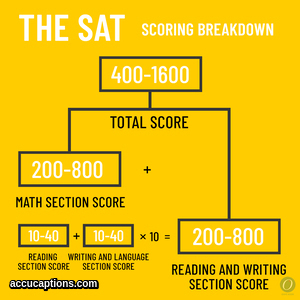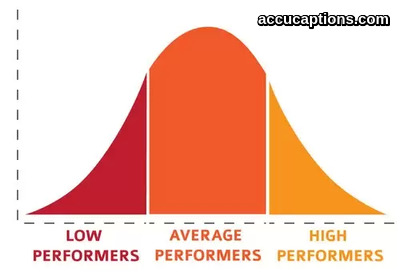The SAT (Scholastic Assessment Test) is a standardized test commonly used by colleges and universities in the United States as part of their admissions process. It is designed to assess a student’s readiness for college-level work and provides a benchmark for comparing applicants from different educational backgrounds.
A frequently asked question among test-takers is, “What is a good SAT score?” In this article, we will delve into the factors that determine a good SAT score, how scores are calculated, and provide insights into interpreting your score in the context of college admissions.
Understanding the SAT Score

To comprehend what constitutes a good SAT score, it’s important to grasp the structure of the test and how scores are calculated. The SAT consists of two main sections: the Evidence-Based Reading and Writing (EBRW) section and the Math section.
Each section is scored on a scale ranging from 200 to 800, resulting in a total score between 400 and 1600. Additionally, students can opt to take the optional SAT Essay, which is scored separately.
Factors Influencing a Good SAT Score
Several factors influence what can be considered a good SAT score. First and foremost, it’s essential to understand the average scores. According to the College Board, the average total SAT score for the class of 2021 was around 1050 out of 1600.
However, it’s crucial to note that average scores can vary among different colleges and universities. Some highly competitive institutions may have average scores well above the national average.
Secondly, students should consider the admission requirements of the colleges they are interested in. Many colleges publish their middle 50% SAT score ranges for admitted students. This range represents the scores between which the middle 50% of admitted students fall.
If your score falls within or above this range, it is generally considered competitive for that institution.
Moreover, a student’s target college or university plays a significant role in determining what score is considered good. Institutions with higher admission standards typically require higher SAT scores. It is advisable to research the average SAT scores of the schools you wish to apply to and aim for scores that align with their expectations.
Interpreting Your SAT Score

Understanding how to interpret your SAT score is equally important. While a “good” score is subjective, it generally refers to a score that meets or exceeds the requirements of your desired colleges or universities. Higher-ranked institutions tend to have higher score expectations.
Additionally, colleges often consider other factors alongside SAT scores, such as GPA, extracurricular activities, essays, and recommendation letters. These holistic admissions approaches mean that SAT scores are just one aspect of a comprehensive application.
Therefore, a good SAT score should be viewed within the context of your overall application package.
Furthermore, some colleges and universities have implemented test-optional or test-flexible policies, which means they do not require SAT scores for admission or have made them optional. In such cases, a good SAT score may be less crucial, but it can still be a valuable asset to showcase your academic abilities.
Conclusion
Determining what constitutes a good SAT score depends on various factors, including the colleges you are applying to, their admission requirements, and the competitiveness of the applicant pool. It is crucial to research the average scores of your target institutions and aim to meet or exceed their expectations. Remember that SAT scores are just one aspect of your application, and colleges consider a range of factors.
Ultimately, focus on achieving your personal best and highlighting your strengths holistically throughout your college application.